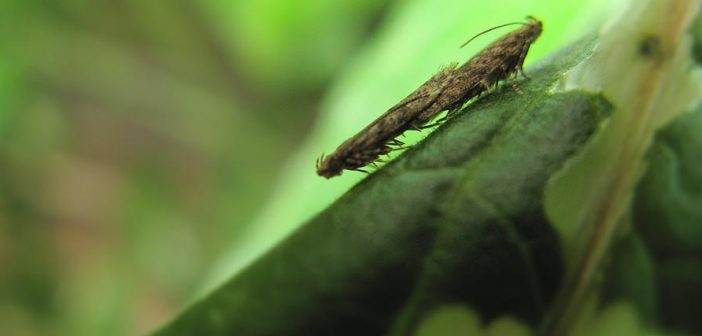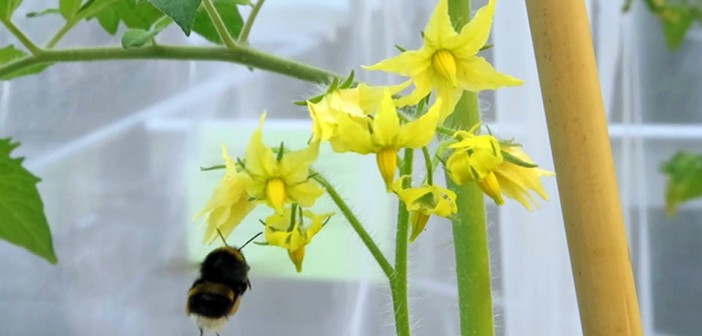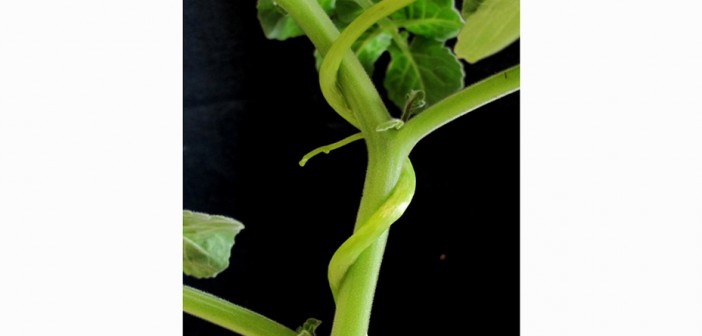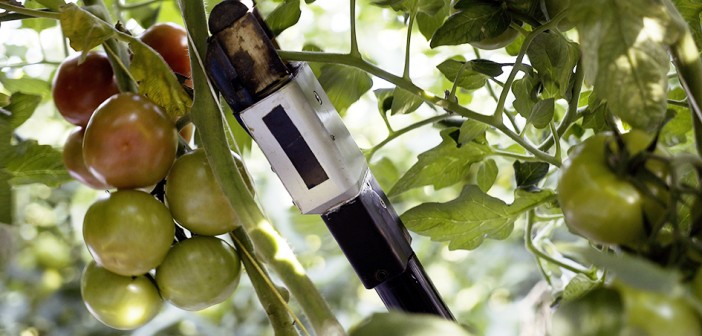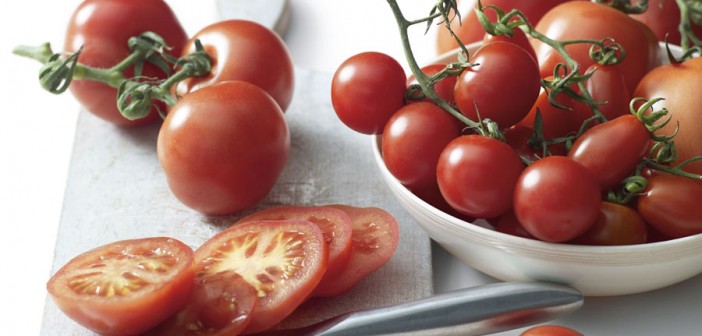Kent-based Thanet Earth has competed construction of the sixth greenhouse on its site near Birchington. The new 7ha of glass means that the company will grow nearly a quarter of all the tomatoes grown in the UK, including its exclusive Piccolo variety.
The new block includes high pressure sodium grow lights and a combined heat and power unit. The company claims that in winter, the total of 31 ha of lit UK tomatoes will represent 75 per cent of UK lit production.
Thanet Earth managing director Des Kingsley said, “There’s an enormous uncertainty around the future for imported trade at the moment, and it’s widely acknowledged that the UK has to improve its self-sufficiency in food production. We’re working as hard as we can to add more top-quality home-grown volumes to the market but there’s still a huge gap between the demand for British tomatoes all year round and the available supply volumes.”
The company has also installed sodium grow lights in greenhouse that it is now switching to cucumber production for next year, saying it will be the UK’s first high-wire, light assisted cucumber crop. Overall Thanet Earth has planning permission to construct up to seven greenhouses as part of an estimated £135 million joint-venture with several partners including specialist growers.

Photo Caption: The new greenhouse features high pressure sodium grow lights.
The post Thanet Earth completes sixth greenhouse appeared first on Hort News.
